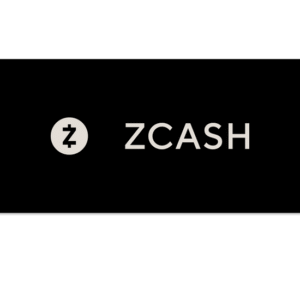$PEB $BKNG $META
#Laos #VangVieng #MethanolPoisoning #TravelSafety #AsiaTravel #HospitalityIndustry #TourismSector #MedicalAid #DoctorsWithoutBorders #TravelAlerts #EmergingMarkets #AlcoholSafety
Six travelers visiting Vang Vieng, Laos, have tragically passed away due to suspected methanol poisoning. This alarming situation highlights ongoing concerns about tainted alcohol in certain tourist destinations, particularly within Southeast Asia. A preliminary evaluation suggests contaminated alcoholic products, which often contain excessive levels of methanol, as the probable cause of death. The incident has raised widespread safety concerns for tourists and locals alike. As detailed by international humanitarian organization Doctors Without Borders, these incidents predominantly occur in Asia, a region known for its burgeoning tourism sector but sometimes lax enforcement of safety regulations. The news could ripple through various industries, from local hospitality businesses to international travel stocks.
The town of Vang Vieng, celebrated for its stunning natural vistas and adventurous activities, relies heavily on global tourism. However, incidents such as this could pose significant reputational risks. Travel and leisure companies, such as $BKNG (Booking Holdings), which facilitates global vacation bookings, may see increased scrutiny from travelers seeking safer destinations. In addition, major hotels and hospitality chains leveraged in Southeast Asia could also experience a shift in booking patterns, especially as safety-conscious consumers demand more rigorous compliance with international standards. Whether these concerns will deter tourists or lead to a demand for more upmarket accommodations remains to be seen, as such trends often depend on the duration and media coverage of specific incidents.
Alcohol-related illnesses in tourist hubs like Vang Vieng also highlight broader risks associated with the nightlife and leisure segments of the travel industry. The sale and consumption of alcohol remain vital to local economies, yet unregulated or counterfeit products expose vulnerabilities that could harm tourism-dependent venues. Investors in regional hospitality stocks, such as $PEB (Pebblebrook Hotel Trust), will likely monitor closely for any prolonged effects on overnight stays or visitor spending in Laos and similar markets. Meanwhile, travel insurance providers and healthcare companies aligned with medical aid for overseas travelers could be indirectly impacted, as greater demand for comprehensive coverage plans may emerge.
These incidents also reignite discussions about how digital platforms and social media could amplify awareness of destination-related risks. Companies like $META (Meta Platforms) may play a role, as tourists increasingly use Facebook or Instagram to share travel experiences, including potential risks. For crypto enthusiasts, blockchain-based travel insurance products could gain traction amid rising consumer awareness of vacation safety. As tourists and investors alike weigh reputational, financial, and safety factors, the broader market impact of such health crises reminds businesses in hospitality and travel to maintain transparency, regulate quality, and adapt strategies to mitigate risks in an increasingly interconnected global economy.











Comments are closed.